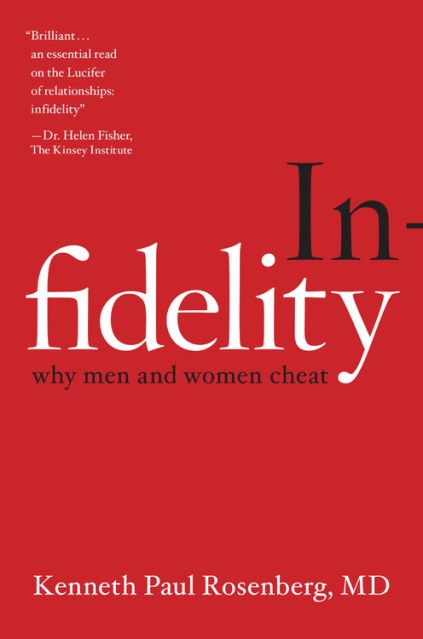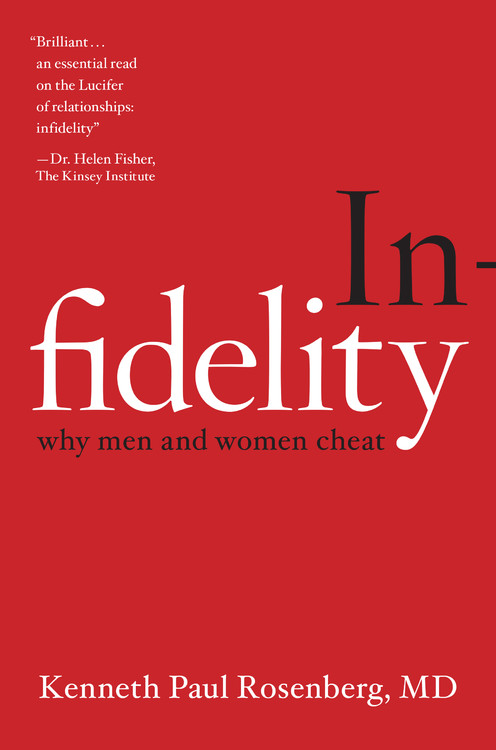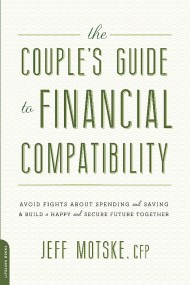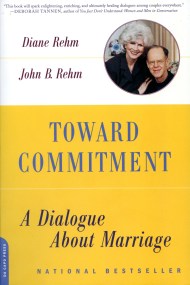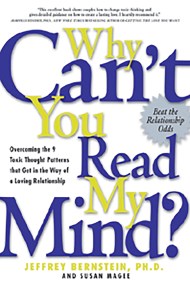By clicking “Accept,” you agree to the use of cookies and similar technologies on your device as set forth in our Cookie Policy and our Privacy Policy. Please note that certain cookies are essential for this website to function properly and do not require user consent to be deployed.
Infidelity
Why Men and Women Cheat
Contributors
Formats and Prices
- On Sale
- May 15, 2018
- Page Count
- 288 pages
- Publisher
- Balance
- ISBN-13
- 9780738220222
Price
$26.00Price
$34.00 CADFormat
Format:
- Hardcover $26.00 $34.00 CAD
- Audiobook Download (Unabridged)
This item is a preorder. Your payment method will be charged immediately, and the product is expected to ship on or around May 15, 2018. This date is subject to change due to shipping delays beyond our control.
Buy from Other Retailers:
How can I prevent an affair from destroying my life? Whether I am the cheater or the betrayed partner, how can I survive, even thrive, in the wake of an affair? Infidelity provides key insights to find your true sexual and romantic potential and advocates honesty, trust, and integrity–the fundamentals of love.
People often cheat in a haze of delusion, believing that it will bring them real love, help them have better sex, lift their spirits, and boost their sagging self-esteem; however, very often, cheating wrecks relationships and erodes self-esteem. In Infidelity, one of America’s top doctors combines neuroscience, addiction theory, and common sense to explain the three types of cheating: emotional, virtual, and physical; why they’re so prevalent; and how to live in accordance with our values when we are drawn to stray.
Examining what the latest science tells us about the brain’s reward systems, love, and sex, Dr. Kenneth Paul Rosenberg reveals what drives men and women to cheat and what they can do about it. At a time when America’s pornography obsession rises to the level of a competing sexual interest, when is porn a problem, and when does it count as infidelity? And since it is not the act of infidelity alone that destroys a couple, how does any couple prevent growing apart? Through concrete rules addressing these and other vital questions, Dr. Rosenberg guides couples on how to prevent cheating, stop it from progressing, and repair the damage caused by an affair.
-
"Finally, a brilliant treatise by a leading MD psychiatrist on the Lucifer of relationships: infidelity. Dr. Rosenberg uses the newest data from neuroscience and sex and addiction research to tell us who, why, when and where people cheat, then gives us some clear-headed and sophisticated advice on how to survive, indeed even thrive, after the affair. It's an essential read."Dr. Helen Fisher, The Kinsey Institute
-
"Straightforward, sex-positive, and comprehensive, Dr. Rosenberg's guide for couples confronting infidelity can help them restore their relationship and sex life."Dr. Alexandra Katehakis, author of Mirror of Intimacy: Daily Meditations on Emotional and Erotic Intelligence
-
"Filled with common sense tips for those caught in the tangled webs we weave with betrayal. As a working psychiatrist with specialties in addiction and sexuality, Dr. Rosenberg combines the best of current science on the brain, human intimacy, and mental health issues."Dr. Patrick Carnes, author of Out of the Shadows
-
"A timely, intimate, authoritative, and always fascinating look at a vexing problem, why people cheat on partners they love."Peter D. Kramer, author of Ordinarily Well, Should You Leave? and Listening to Prozac
-
"A must-read, insightful, well-written book on a timely and important topic."Bruce Roseman, MD, Family Doctor, Assistant Professor of Family Medicine and OB-GYN at Mount Sinai Hospital, New York, NY
-
"[An] eye-opening book...Delves deep into the roles that biology, psychology, and cultural norms can all play when it comes to infidelity and its repercussions...A must-read for those who have found themselves dealing with an affair."Celebrity Parents Magazine
-
"In addition to using data from the therapy sessions with the unfaithful and their wronged spouses Dr. Rosenberg brings to bear a broader perspective from contemporary research in biology, genetics, psychiatry, and so forth to demonstrate 'the science behind sexual betrayal, including the fact that our brains are actually wired to be addicted to sex.'"New York Journal of Books
Newsletter Signup
By clicking ‘Sign Up,’ I acknowledge that I have read and agree to Hachette Book Group’s Privacy Policy and Terms of Use
